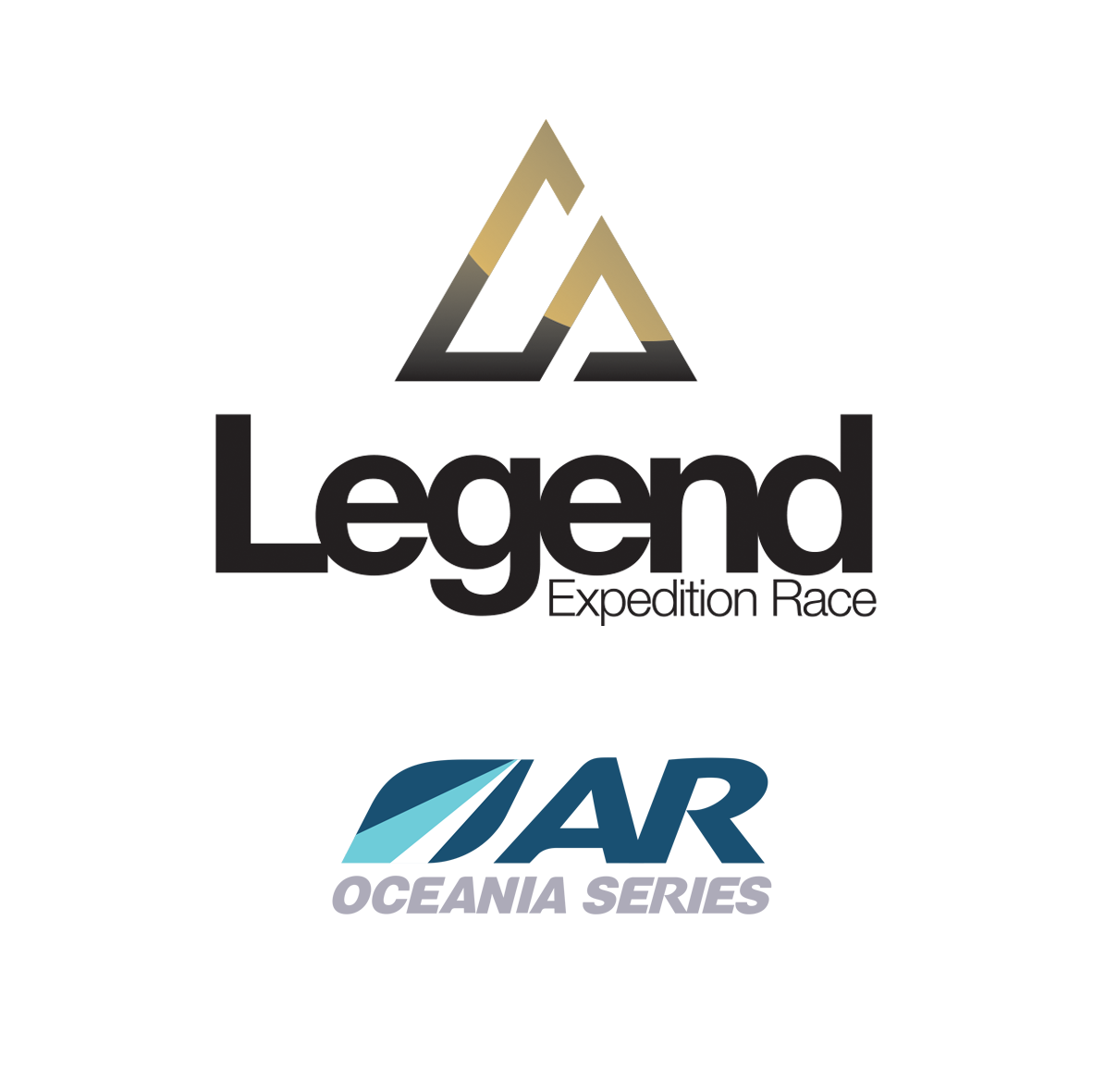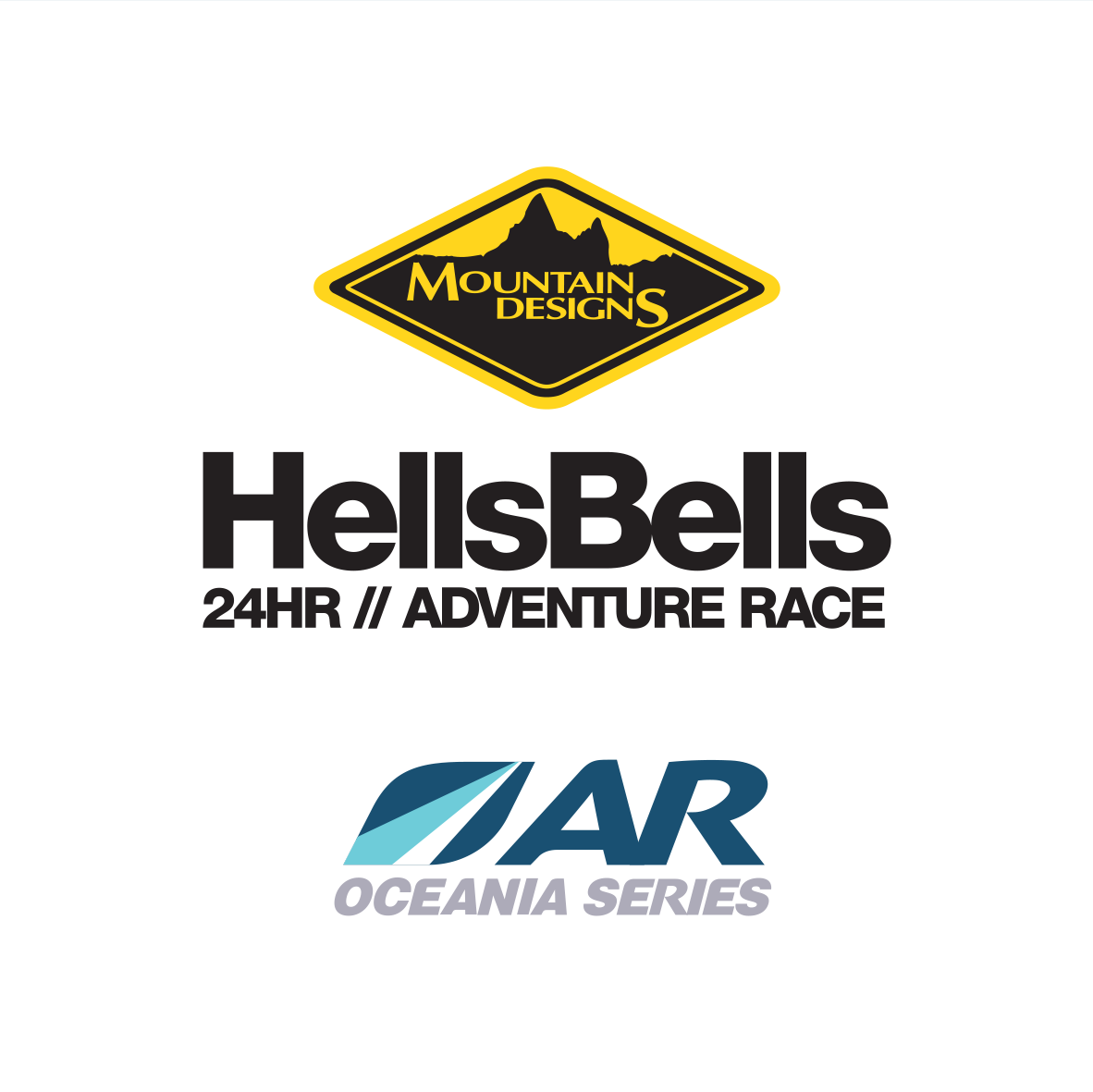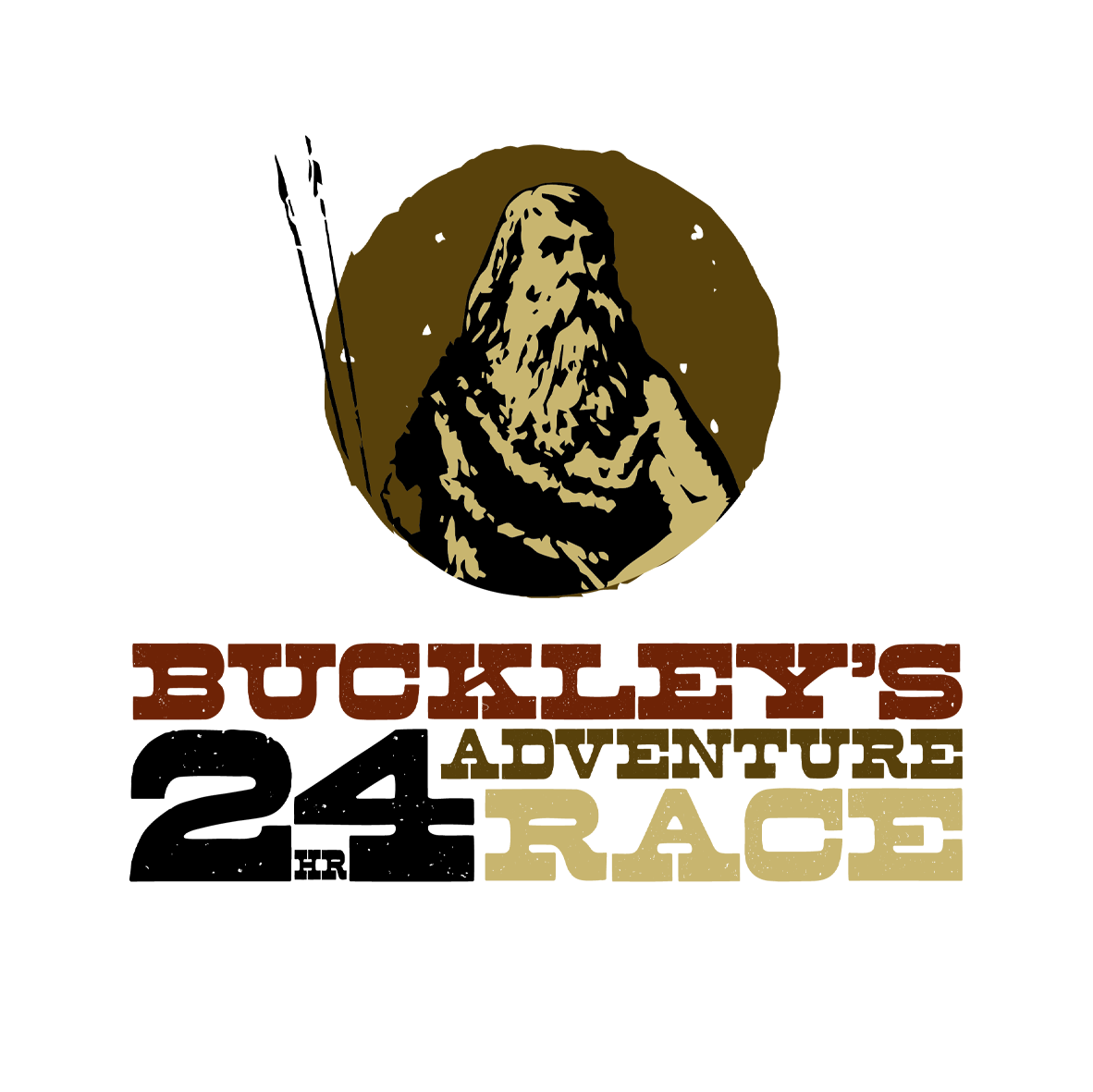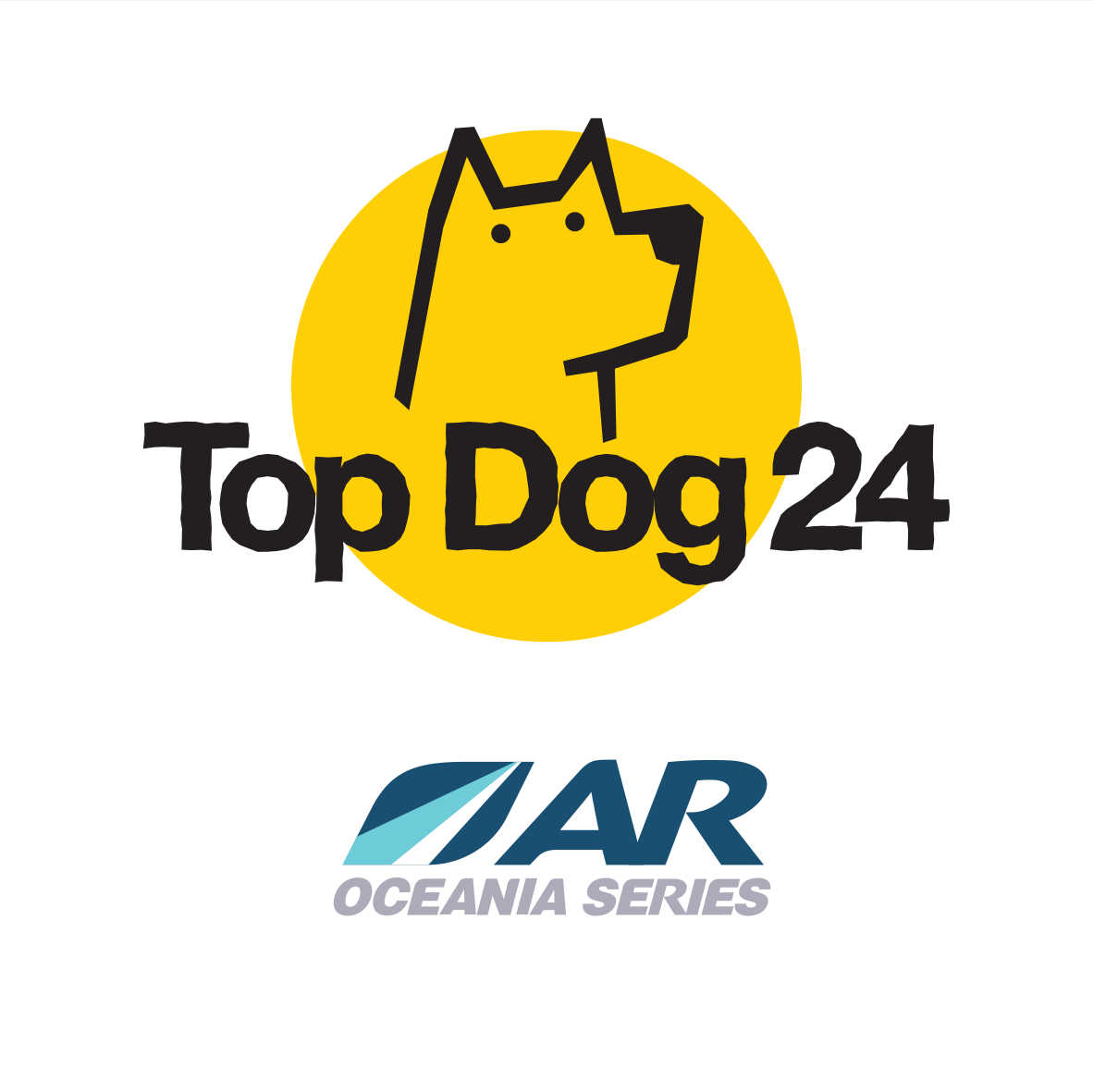Cape Kidnappers stage at the Mountain Designs Geoquest New Zealand / © Murilo Mattos / Wild and Co
The Mountain Designs Geoquest in Australia has been going over 20 years and has its own stories, traditions and atmosphere, built on the history of racers and races past. This year the race expanded to New Zealand for the first time and the race in Hawke’s Bays was the beginning of new chapter with new stories, traditions and experiences waiting to be written.
Teams that raced the inaugural 2023 Mountain Designs GeoQuest NZ 48hr Adventure Race in Hawke’s Bay started that new chapter in spectacular fashion.
With the Hawke’s Bay region still heavily affected by cyclone damage from the early part of the year, course design was a challenge, but all teams understood the situation. The resulting course was fast and furious and a spectacular tour of some of the region’s many highlights.
The race was based out of the Napier Conference and Events Centre and for most teams it was their first GeoQuest experience, so they were curious about how the event would unfold. Most travelled to attend the event with 80% of the field from outside of the Hawke’s Bay Region. Kim Beckinsale, the team captain of the Mountain Designs Wild Women and long time GeoQuest participant, travelled from Noosa in Australia to attend the event. The youngest racer was 14 years old and racing the half course.
The race has a 48 hour time limit, two distances (full and half course), which are on some of the same trails and rivers much of the time, and is open to teams of four, with the option to race supported or unsupported. Most teams chose to race the traditional supported format which really made the transitions a fun atmosphere as support crews checked out and competed with each other for best transition.
The full course was a comfortable 198kms, shorter and flatter than a traditional GeoQuest, with the half course 122kms.
Starting out with a 6km coastal run and 15km ocean kayak in near perfect conditions, teams headed south towards Cape Kidnappers. Teams were grateful for the conditions as a swim in the 13 degree ocean wasn’t something anyone wanted to do.
Landing their kayaks comfortably at the Hygge Cafe in Clifton, teams set off for a 20km beach and headland trek along the spectacular Cape Kidnappers coastline passing under the towering sandstone cliffs and spotting the occasional seal, then visited the gannet colony around the lighthouse. The trek can only be undertaken 2hrs either side of low tide and all teams made it through this section in comfortable time and then headed into the rolling hills across the top of the cliffs through the Cape Kidnapper estate.
Leg three was the first of the first of six bike legs that made use of the extensive Hawke’s Bay cycling trails network connecting both the region and the race together. The long climb to Te Mata peak was rewarded with what some have called one of the most spectacular mountain bike trails to feature in an Adventure Race. Perfectly timed for the late afternoon sun, teams took on both mountain biking and rogaining legs around the peak using the mountain bike and walking trails in the area, collecting permanently placed check points in the area using maps provided by the Hawke’s Bay Orienteering Club.
There was a race to get off the mountain and down to the moving water of the Tuki Tuki River before it got too dark. The faster teams completed the 15km grade 1 river paddle in just over 2 hrs, and it became more challenging for later teams as the light faded and teams had to pick their direction carefully with through the braided river bed in the dark. Reflective checkpoint flags certainly aided in the navigation in this section.
Completing the river paddle teams then faced a 69km ‘gravel grinder’ along the Hawke’s Bay trails network through the vineyards and apple plantations back to race HQ, broken up by two short foot rogaine legs and a paddle rogaine near the marina.
David Tait, a local adventure race director who helped design the course said, “Many people travel to the area with a plan to ride all the cycling trails in the region, it was very cool to see GeoQuest teams almost ride them all in one event.”
Kim Beckinsale of Mountain Designs Wild Women enjoyed the challenge of swapping 1:50,000 scale maps for the detail of the 1:5000 maps on the rogaine legs to complete these fun and challenges on the way back into Napier.
The Mountain Designs Wild Woman led for most of the race being chased by the Kauri Coasters. It was just at the last paddle that the Kauri Coasters caught them with only a minute or two separating the teams at by the time they crossed the line. The winning time was 20 hours and 3 minutes.
The Antiques Roadshow were the final team to cross the line, and they were all smiles and very proud of their first adventure race as a team.
Race Director Chris Dixon commented, “It’s always exciting putting on a new race, and this time it’s with the pedigree and history of Geoquest, in the country where adventure racing began, and in the fabulous scenery around Hawke’s Bay.
“The 48 hour race format offered teams a chance to step up from the more familiar one day and 24 hour events and to push themselves to a new level. It was ideal training for an expedition race like The Legend, but at the same time the flexible race format made the race accessible to new teams who wanted a full weekend of adventure activities.
“It was a great start for Geoquest NZ and we are looking forward to returning to Hawke’s Bay next year with more teams and a bigger course.”
As the race is part of the ARWS Oceania regional series, the teams who took part earned points for both the Oceania and ARWS global rankings.
You can find out all about the race at; https://www.geoquest.com.au/
The race is organised by Wild and Co. who run adventure sports competitions throughout the year (https://www.wldnco.com/) and is part of the ARWS Oceania series (https://arworldseries.com/arws-oceania/).










